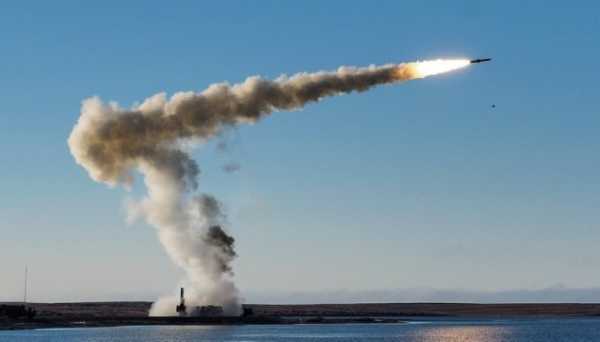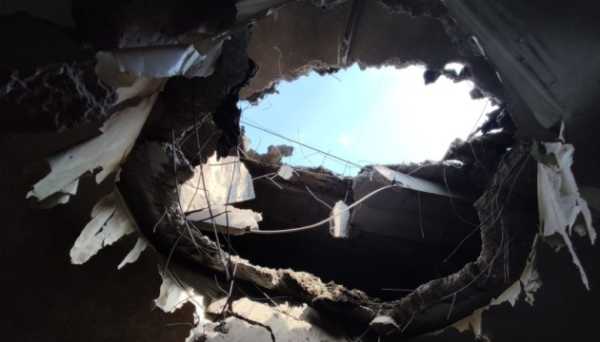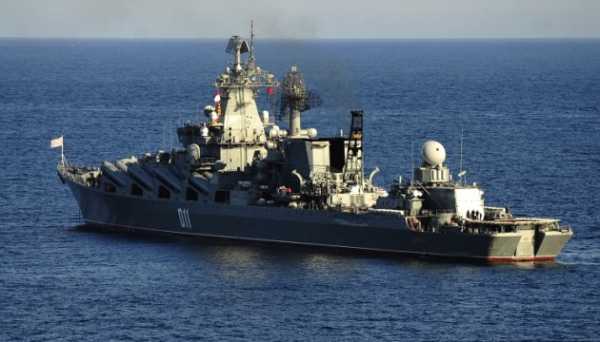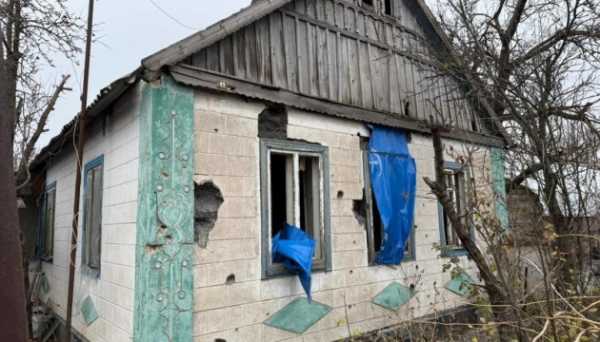Russia stockpiling over 500 Oniks, 120 Kh-101/555 missiles – military expert

This was reported by eksandr Kovalenko, a military analyst from the Information Resistance group, in a comment to Ukrinform.
“An interesting point: in October, there were no recorded launches of the 9M728 Iskander-K missile, whereas the 9M723 Iskander-M/KN-23 ballistic missile was used regularly. However, the use of these ballistic missiles decreased compared to September. A similar trend was observed with air-launched Kh-101/555 and sea-launched Kalibr cruise missiles,” Kovalenko noted.
This pause in missile usage, he stressed, does not indicate that Russia has depleted its missile stock; rather, it is an indication of stockpiling.
“Production is ongoing, and the enemy is building up its missile reserves. For example, Russia has accumulated 120 Kh-101/555 missiles alone, enough for multiple massive strikes. Russia is preparing for a new wave of attacks on Ukraine's energy infrastructure. But for now, they’re using cheaper Shahed drones, achieving occasional strikes through sheer numbers of drones and decoys. This is economically more viable for them,” the expert emphasized.
Kovalenko pointed out that using costly missiles like the Kh-101/555 (priced at USD 13 million each) or Kalibrs (USD 6.5 million each) is inefficient when the same funds could instead launch 30-70 kamikaze drones.
He also highlighted that a specific threat to Ukraine's southern regions, particularly Odesa and Mykaiv, comes from Russia’s P-800 Oniks missiles. The last recorded use of these missiles by Russian forces was in November 2023. Given Russia’s production capacity of 10-20 missiles per month, it is estimated that Russia has now accumulated a stockpile of at least 500 Oniks missiles, including reserves.
Read also: NATO likely to discuss intercepting Russian missiles over Ukraine next week – Sikorski
Earlier this year, the P-800 Oniks missiles underwent a modernization process, enhancing their capabilities. The upgrade included advanced active homing heads and other improvements.
This modernization poses a greater challenge for Ukraine’s defense systems, as these missiles now have increased accuracy and improved resilience against electronic warfare. Kovalenko emphasized that intercepting the Oniks is currently only feasible with advanced air defense systems like the Patriot or SAMP/T. This presents a critical concern for Ukraine, especially given Russia's growing stockpile and capacity for significant missile attacks on strategic regions.
As previously reported by Ukrinform, Kovalenko also highlighted Russia's recent strategy of using decoy drones, such as the Herbera and Parody models, to divert Ukraine's air defenses from more significant targets like Shahed-136 drones.
Source: ukrinform.net



